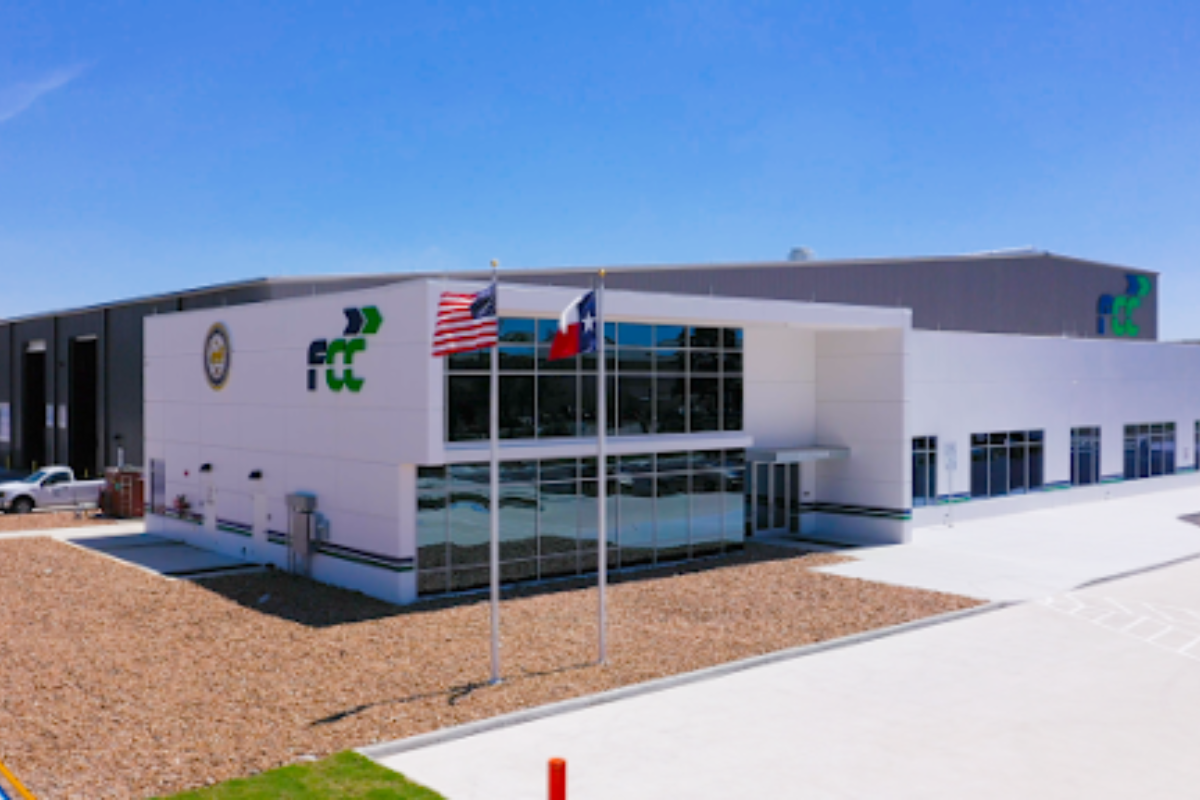
The $4.25 million grant to upgrade FCC Environmental’s Houston MRF will enable better recovery of plastic film. | Photo Courtesy of FCC
Hauler FCC Environmental Services has been awarded a $4.25 million grant from The Recycling Partnership (TRP) to improve film and flexible plastics recovery at its materials recovery facility (MRF) in Houston, representing TRP’s largest single grant to a MRF.
The money will support a facility upgrade to recover incidental film and flexible packaging, address cross-contamination of other recyclable commodities, improve bale quality and offer data to inform future scaling of plastic film recycling, according to a press release.
PepsiCo, Kraft Heinz and TRP’s Film and Flexibles Recycling Coalition all supported the grant.
Earlier this year, the Film and Flexibles Recycling Coalition started the CalFFlex Initiative, focusing on curbside film and flexible plastic in California.
PepsiCo also is a founding member of the US Flexible Film Initiative, a nonprofit group of global brand owners including General Mills, Mars, Mondelez International, Nestle and Hill’s Pet Nutrition. USFFI members will commit to multi-year supply contracts with MRFs, flexible plastic processors and recyclers to help accelerate recycling of these challenging packaging materials.
Film and flexible packaging is notoriously difficult to recycle, as it tangles in sorting equipment at MRFs, contributing to downtime and worker safety issues, and it contaminates commodity plastic and paper bales.
Although about 70% of US residents live within a 3-mile drive of a retail store drop-off for film plastics, according to a study from the Sustainable Packaging Coalition, curbside collection is extremely limited.
“Plastic film and flexible packaging are widely used but have historically been excluded from curbside recycling due to processing limitations and contamination concerns,” said John Rabon, vice president of Recycling at FCC. “This upgrade represents an important step forward, offering Houston residents new opportunities to recycle more and reduce what ends up in the landfill.”
As extended producer responsibility (EPR) laws for packaging take shape, recycling infrastructure requires modernization. “To meet these mandates effectively, investment now in the supply chain to turn film and flexible packaging into new products is critical,” said Kate Davenport, chief impact officer at TRP.
FCC will retrofit its Houston MRF with advanced technology including TOMRA optical sorters to differentiate film from paper and other materials, along with additional conveyors to enhance processing and efficiency.
More stories about film

